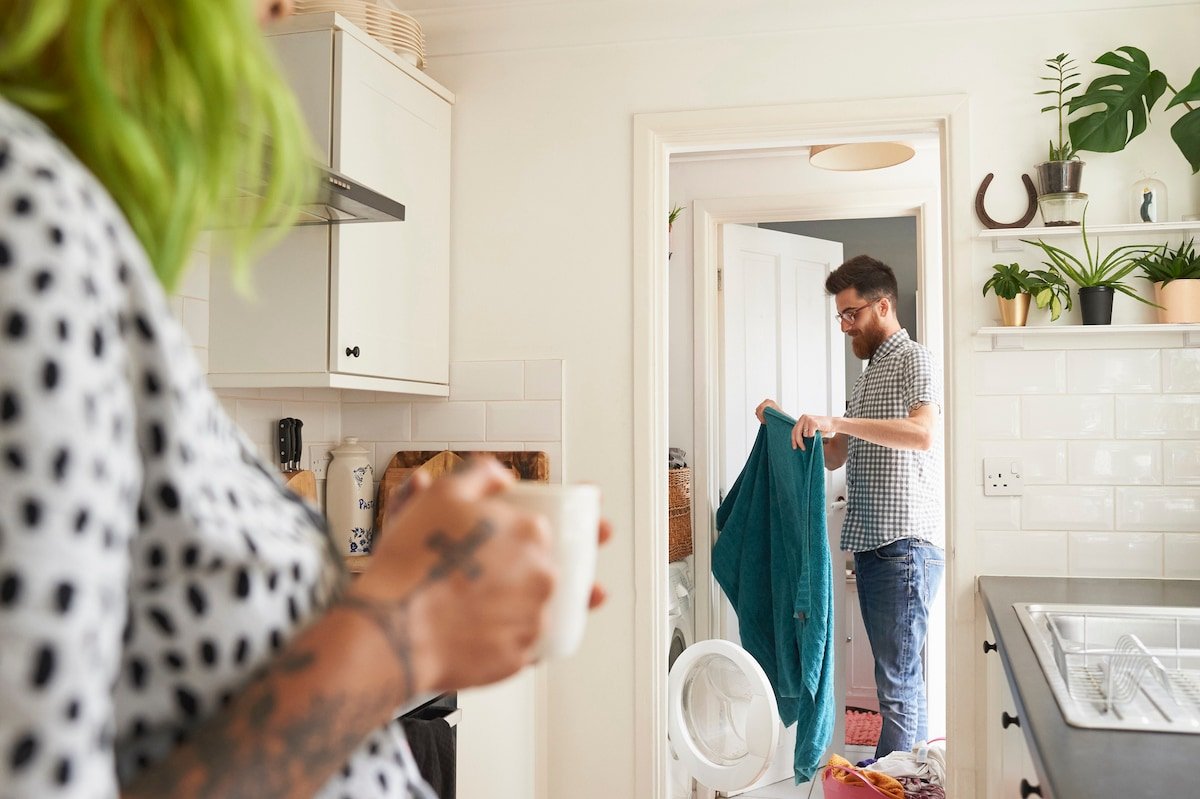TOAnnounced in May, it started in the last few days with the presentation of the minister Irene Montero. Aim: to redress the balance and prevent the burden of housework from always falling on women alone
It is said “I’m Toka”, and is asmartphone app initiated by the Spanish Ministry of Equal Opportunities for the fair distribution and measurement of the time spent by each member of the family Housework. The ultimate goal is to prevent the burden falling entirely on women, as has happened in many countries in the European Union (and beyond) since the beginning of time.
The app was announced last May by Angela Rodriguezdeputy secretary of state at the Department for Equality, who had pointed to studies showing how “women spend much more time in housework than men. We think this is an exercise that could be used at home to share chores between sons, daughters, fathers, mothers, or between roommates or life partners, because the distribution of these chores is sometimes unfair.”
Therefore, the Spanish government made available approximately 211,000 euros for the development of the application, starting from the assumption that almost always women have to do between taking care of the house and the children and career.
Therefore, “Me Toca”, which was released on September 7, aims to recalibrate the balanceallowing you to track the hours you spend taking care of household chores
The app is free and available for devices apple And Android. the minister ad intermediate of Equality, Irene Monteroemphasized that attention should be paid to “reallocation of time and tasksto fight inequality in the use of time’, so that tasks such as cleaning, cooking or looking after children do not normally fall to women.

Lifestyle
The gender gap in everyday life, from mental load to sexuality
“Me Toca” works in a very simple way: once the so-called “family unit of coexistence”, and having established how many people participate in it, each user records the type of activity carried out and the time spent on it. The app will process the data and then display it statistics and any imbalances. Among the tasks covered by the system, laundry, cooking, house cleaning, shopping, to which can be added personalized tasks based on the needs of the roommates, whether it’s taking the dogs to the park or picking up the kids from school.
“Domestic help is one of the points of greatest inequality between men and women and results in a reduction of personal and professional development – reminded Montero – in many cases it is necessary to I quitor simply sacrifice of free time. Women are almost always ‘double the weight’ compared to men.”
Moreover, it was also the stat that put it in black and white (if needed) as early as 2016: despite the feminist battles and against the gender gap being waged in all member states, in Europe it is almost exclusively women who take care of children, domestic work and cooking, with very high rates compared to men. Good 93%specifically, against 69% of men, clearly with more or less pronounced variations depending on the countries considered.
And according to research commissioned by the TaskRabbit platform, prejudices in Italy are very strong: 77% of the sample of men surveyed for the research believe that let the woman clean the housefor 79% it is always women who have to organize the wardrobes and arrange the clothes, 76% decided that women should always have the duty of ironing.

